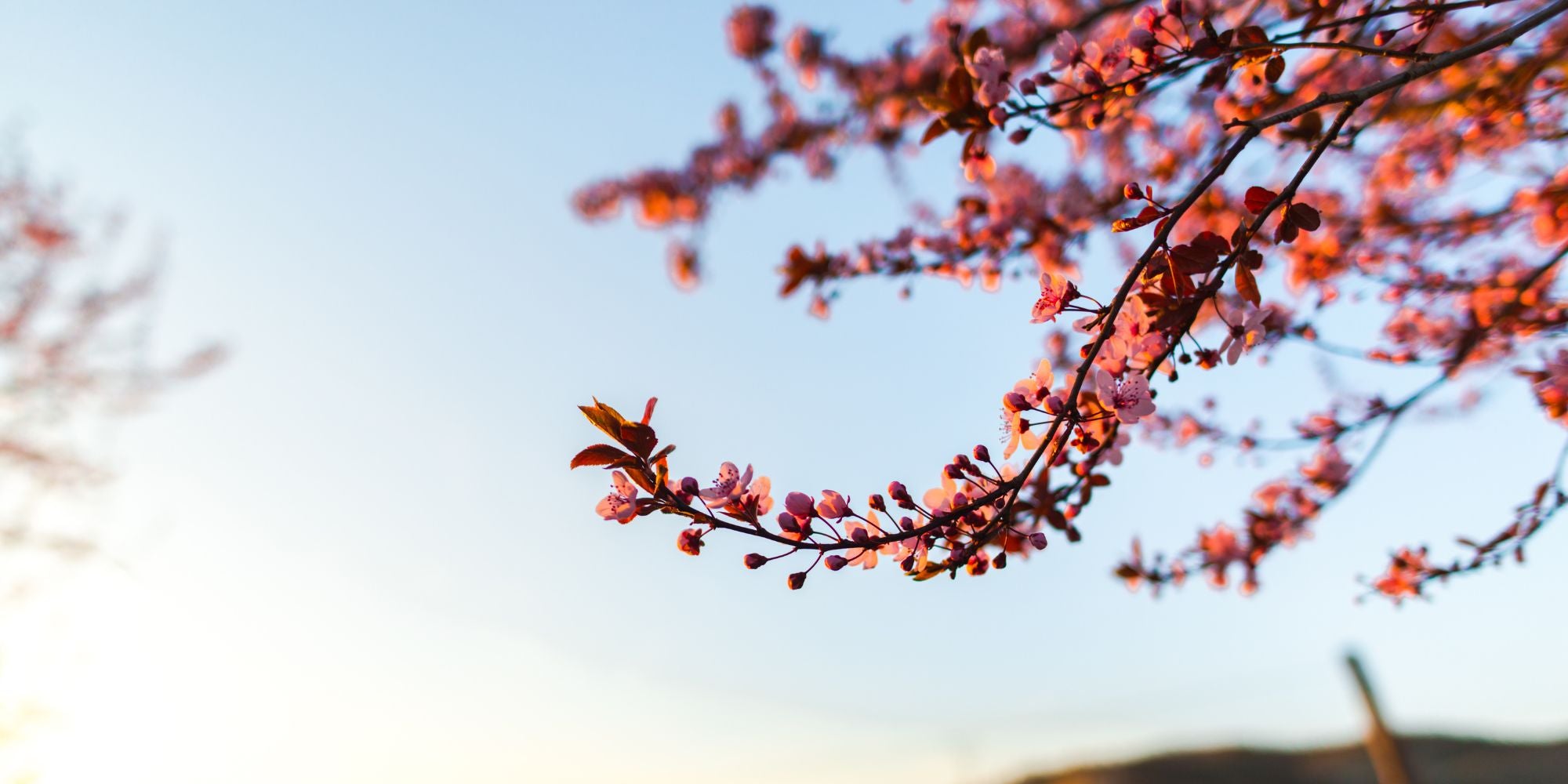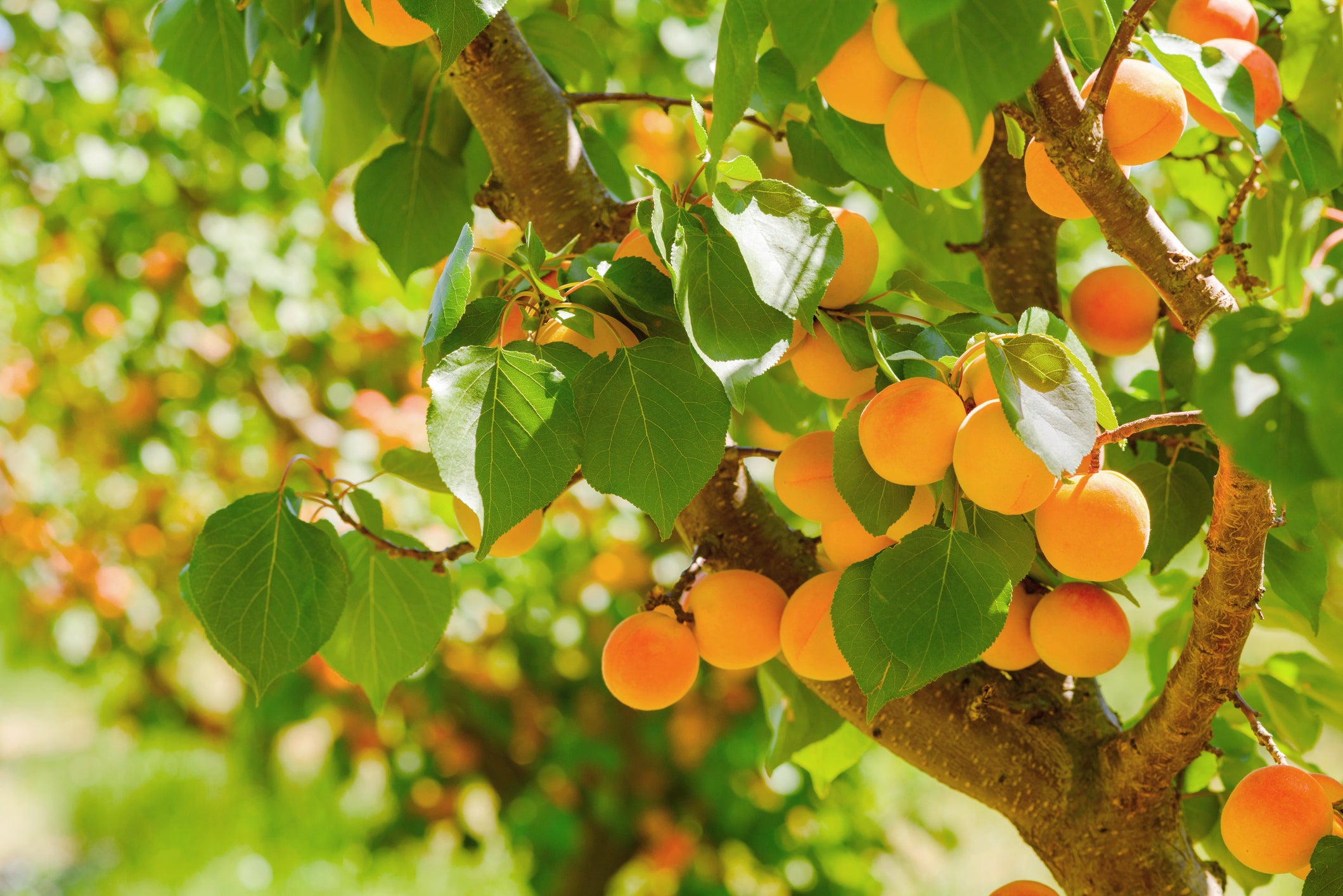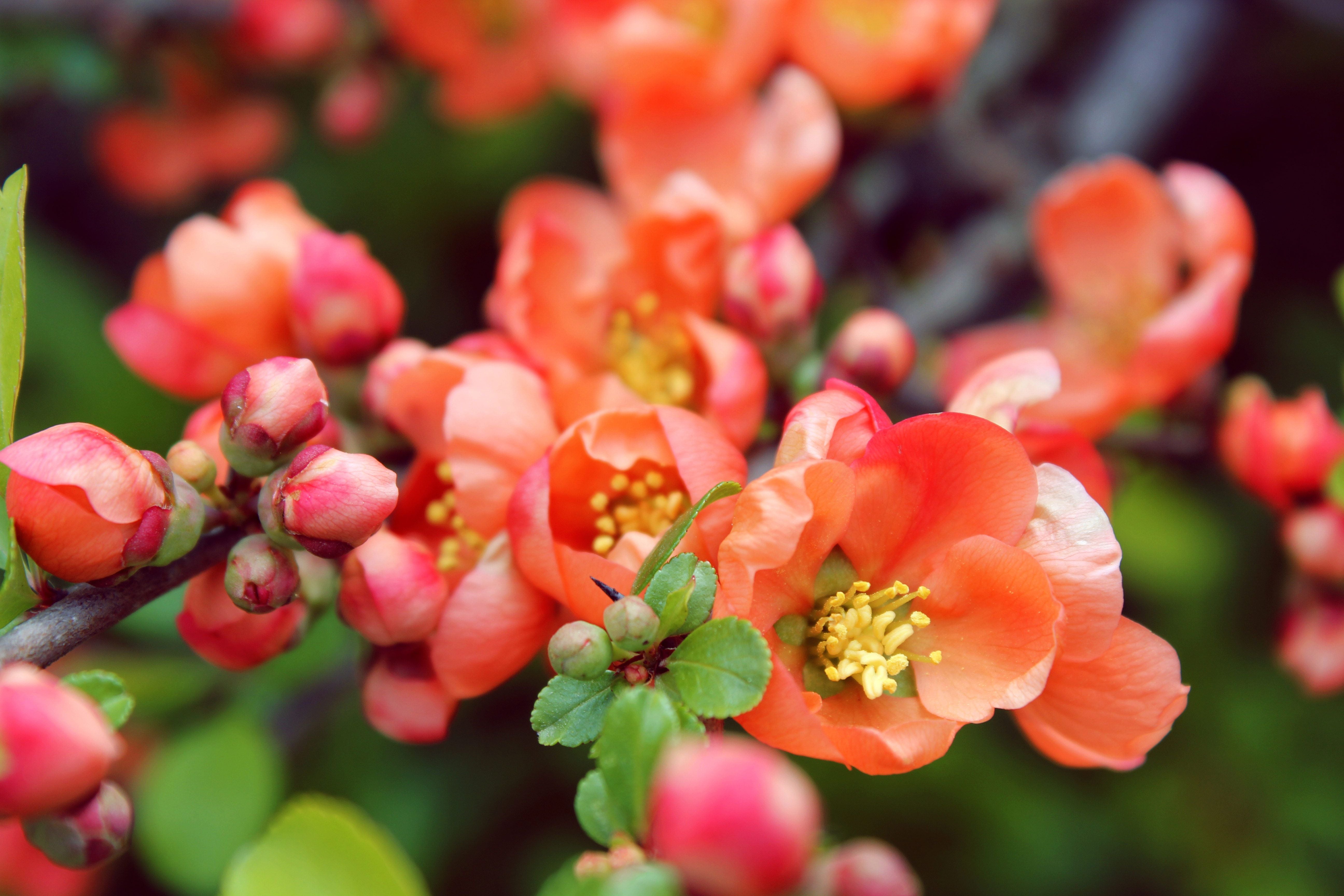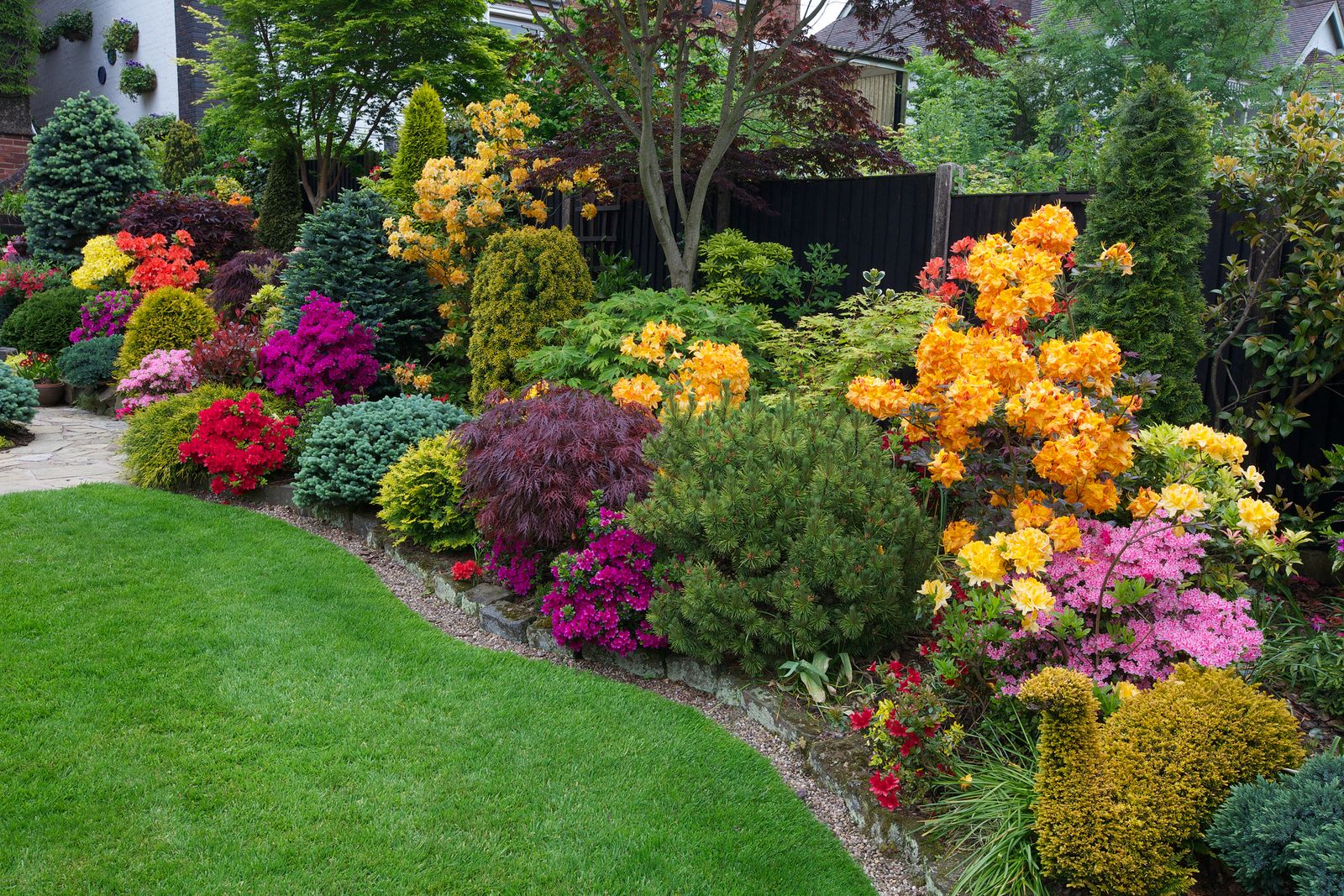Golden watering tips for the summer months.

It's officially summertime and that means the garden needs a little more attention than usual. Here are our top tips for keeping your plants healthy and watered throughout the hottest months.
- Make sure to water your plants thoroughly and avoid giving them just a light sprinkle. Roots need to be wet all the way down in order to absorb the water properly.
- Pay attention to your plants' wilting signs and adjust your watering schedule accordingly.
- Don't forget to water your garden in the early morning or evening when the temperatures are cooler. This will help avoid wilting and susceptibility to disease.
Water Early in the Morning or Later in the Evening to Avoid Evaporation

Ideally, you should water your plants early in the morning or later in the evening. During the day, the sun will evaporate most of the water before it has a chance to sink in and help your plants.
By watering early in the morning or later in the evening, you'll minimize evaporation and give your plants a better chance to absorb the water they need.
Be Thorough- Give Each Plant Enough Water to Reach Its Roots
It's important to be thorough when watering your garden during the summer months. That means giving each plant enough water to reach its roots. You can do this by using a watering can with a long spout, or by attaching a hose to your faucet and watering each plant individually.
Don't forget to water the plants in the corners and along the edges of your garden, where the soil is often dry. And be sure to water your plants early in the morning or late in the evening, when the sun isn't as strong and the heat isn't as intense.
Don't Forget to Water Newly Planted Gardens More Frequently
It's easy to forget to water your garden during the summer months, but it's crucial that you don't neglect your plants! Here are our golden rules for watering your garden during the summer:
1. Water newly planted gardens more frequently, until the roots become well established. This typically is the first one to two years depending on the growth rate of your plant and drought tolerance.
2. Make sure to water your plants in the morning or evening, when the temperature is cooler. This will avoid water spot or sun spot on your leaves leaving them open and susceptible to diseases. Watering during this time will also allow the plant to absorb and use whatever water it needs before the sun evaporates the excess.
3. Give your garden a deep watering at least once a week, so the water can reach the roots. Depending on how established your garden is, their roots can reach a good couple of feet or more below surface level. Watering lightly can lead to the problem of underwatering and the plant not being able to absorb little to no water.
4. Don't forget to water your garden if you're going on vacation! If you don't have a sprinkler system set up or anyone to come and water while you're away, giving them a good soak before you leave can
Wilting Plants Are Susceptible to Disease, So Be Sure to Avoid Over or Under Watering

It can be tough to keep track of how much water your garden needs during the summer months, but it's important to follow some basic rules to avoid over or under watering. Here are a few tips to help you out:
Wilting plants are susceptible to disease, so be sure to avoid over or under watering. If your plants are wilting, give them a drink of water and see if they perk up. If they don't, it might be a sign that they're not getting enough water and you should increase your watering frequency.
On the other hand, if your plants are looking too wet and soggy, it might be because you're over watering them. In this case, you should cut back on your watering frequency and allow the top few inches of soil to dry out before watering again to avoid root rot or them sitting in soggy soil.
The Take-aways!
So remember, there are a few golden rules for watering your garden during the hot summer months:
- Make sure you water your plants thoroughly and avoid any patches of wilting. Try to water your plants deeply and infrequently. This will help them to build up a strong root system, and will also help them to resist drought conditions.
- Try and time your watering schedule to coincide with the early morning or evening when it's cooler, and make sure to use a gentle rain shower setting on your hose or sprinkler. Mulching also helps to retain moisture in the soil, and can also help to prevent weed growth.
- And finally, don't forget to keep an eye on your plants and adjust your watering routine accordingly – as the temperatures rise, you may need to water your plants more often or less often if there are rainstorms/cold fronts.






